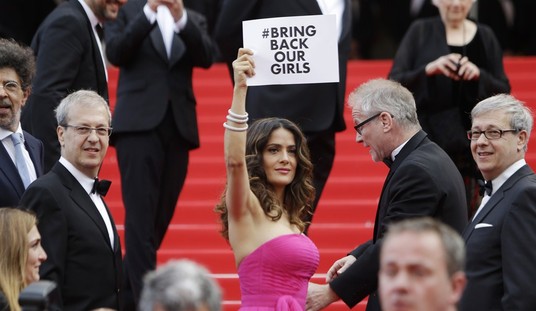In 1979, Musya and Alex left Kiev’s unfreedom for the United States to give toddlers Anna and Slavik a joyful life — they were members of a first wave of Russian Jewry that fought through the curtain. As with all immigrants, refugees, they did not have anything material required for survival. They had resolve and not anything else, and not English.
Help came from Beth El Synagogue and the Jewish Federation of New London, Connecticut. A small amount of help, and the debt was quickly repaid: Musya was soon the identified heart and sweat of Beth El Synagogue and the Jewish Federation.
Here, the shopping list for continuous need generally includes two children and no English; she understood this and quickly removed the latter challenge from her life. And two children was tough, but she learned it did not require all she had. She made a clean house, made it warm and fed the family, and there was still time in the day. A new acquaintance, Irene Schienberg — a single mother with two children on a nurse’s salary — did not have any more time in the day, so Musya used her extra moments to be a second mother to Irene’s Susan and Jonathan.
And there was still more time before nightfall.
I believe Musya wasn’t driven by an affection for hard work, few are, but to live the fullest day that time would allow.
At the Jewish Federation, Musya spent three decades resettling Russian Jewish families in the United States. Any member of them will answer that Musya is the reason they are free and perhaps alive, and that is not exaggeration intended for a more gushing remembrance.
She raised their kids, too. She raised me — my brother and I spent half our youth in her trailer-sized house. Usually when visiting, we met a new refugee whom she was housing in her basement, where she had partitioned a warm bedroom.
She did their papers, found them jobs and English tutors — often my mother — as that was her job description. After hours, she worked off the clock. She brought their kids to soccer, to the movies, she brought them air conditioners in the summer.
She soon had perfect English. She traveled to Israel and back to Kiev to save others.
Her daughter Anna today has two beautiful daughters and a husband, a job, and a beautiful middle-class life. Slavik, in a move too pithy for an after-school movie, is now an accomplished biomedical engineer crafting … artificial hearts. (I know, it’s too on-the-nose. I’ve discussed it with him.)
Her last three years were horrible. But they were marked by a steady stream of those who owed her a debt coming to her bedside, and by heartbroken Alex, who was with her every single day, and I’m told that even last week he still was the only person on Earth who believed Musya might yet recover. He really did.
She is no longer with us as of Tuesday.
Many Russian immigrants came to mourn at her funeral. I had not thought much about what the Zilbermans fled from, but their faces and her death and my greater awareness of the Soviet state have brought new awareness of my revulsion for it.
All the people Musya helped: their stories are largely defined by how they responded to bastards who didn’t deserve the same air to breathe — and I cannot stand this. Their stories should not have a dark interloper. The Russians’ time and spirit – Musya got them out and they live wonderfully now, but I can’t stand it: their younger time and spirit! All that damned waste!
I know exactly what the communists sent away, that is not difficult. I lived alongside her so I know what they wasted. But I’ll never get comfortable with a sense of the creature that would chase her away.
They had her!
G-d gave Musya to Ukraine, she was theirs! And the bastards made her leave?
They were utopians, and they actually expected utopia could arise, that things would be perfect without her!
Don’t think that isn’t evil.
If you are lucky enough to have a light — I got to have her as a mother figure, for goodness’ sake — you know that the closest we can get to heaven on this side of death comes from being in her vicinity … the stupidity that expected good to come from her absence? Do not get comfortable with that. We get tyranny — we know what they did and why, but your life will be darker if the thoughts behind chasing Musya away ever seem famiiar.
Judge the Soviets by how they treated their angels. Their loss was immeasurable, as was our gain.
Rest in peace, Mrs. Zilberman, we’ll never think of you as anything but alive.
(If you would, please familiarize yourself with the disease that took Musya, Progressive Supranuclear Palsy. Here is her obituary, please also note the donation suggestions.)









Join the conversation as a VIP Member